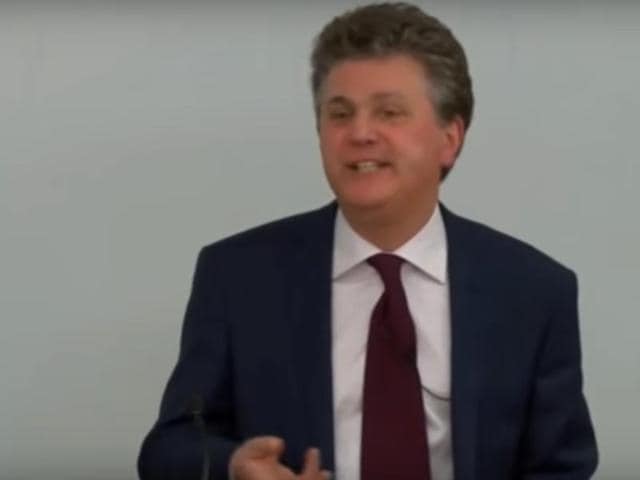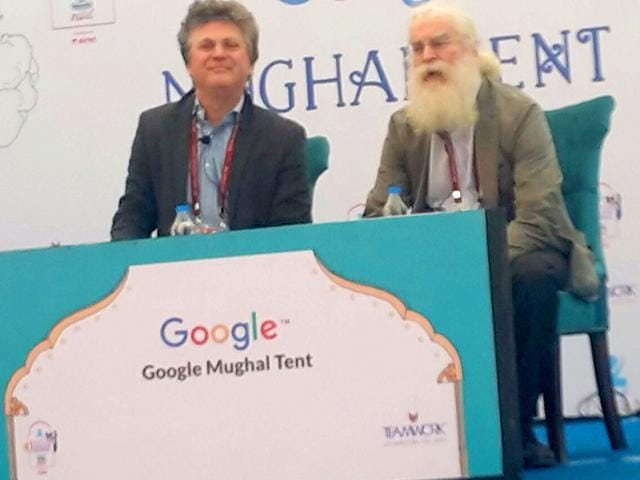JLF 2016: How maritime history shaped our planet
Archaeologist Cyprian Broodbank was in conversation with Irving Finkel, archeologist, author of the bestselling, The Ark Before Noah, and curator of cuneiform inscriptions from ancient Mesopotamia at London’s British Museum at ongoing JLF 2016.
“The Mediterranean is an absurdly small sea; the length and greatness of its history make us dream it larger than it is,” archaeologist Cyprian Broodbank said quoting Lawrence Durrell as he held forth during the session ‘Deep Blue: Towards a First Maritime History of Our Planet from Neanderthals to Phoenicians, Polynesians and Our Future’.

Broodbank was in conversation with Irving Finkel, archeologist, author of the bestselling, The Ark Before Noah, and curator of cuneiform inscriptions from ancient Mesopotamia at London’s British Museum. With a panel as learned, the session turned out to be almost educational.
Opening with a global perspective, starting with the present, and the prospect of an ice-melt re-drawn future, Broodbank plunged into deep time to explore the rich archaeological picture that can be drawn of the practices and inventions that made humans take to the seas long before the Classical world. He added that archaeology reveals a largely untold history of the origins and expansion of our maritime planet, beginning in the nurturing, small inner seas around Eurasia and expanding across the Pacific and Indian Oceans, long before any written testimony.
Read: Need to learn how vacuum in Iraq created ISIS, says Christina Lamb at JLF 2016
The Mediterranean combines unusual conditions, which explains its precocious development: it is the world’s largest inland sea, and adjacent to the riverine cores of two of the earliest civilizations in Mesopotamia and Egypt. “It is fashionable for Baltic historians to say that the Baltic region is the Mediterranean of the north. Unfortunately, the compliment is never reversed,” quipped Broodbank.
Read: Writing sheds light on all darkness, says Margaret Atwood at JLF 2016

Thanks to the unrivalled depth and breadth of exploration, Mediterranean archaeology is one of the world’s richest sources for the reconstruction of ancient societies. This is remarkable considering the Mediterranean covers less than 1 per cent of the world’s sea space. Still, though world-class interpretations exist of its Classical and subsequent history, there has been very little holistic exploration of how its societies, culture and economies first came into being. Broodbank, author of The Making of the Middle Sea, pointed out that this is so despite the fact that almost all the fundamental developments originated well before 500 BC.
All in all, a session that gave the audience a glimpse of a vast ocean of knowledge that they had only just realised existed.





